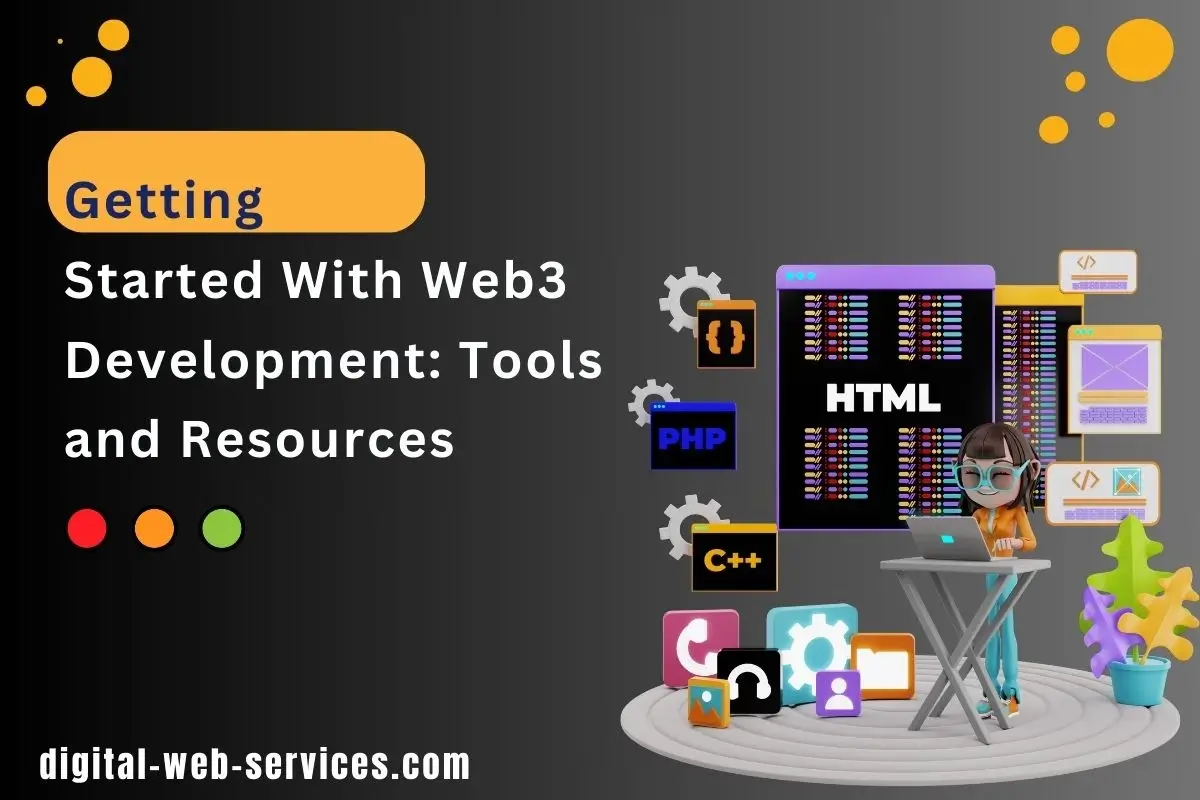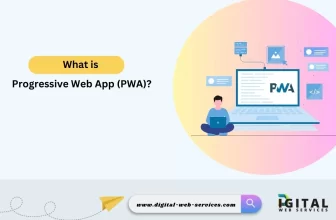
The internet is evolving fast, and Web3 development leads to this change. It holds the potential to transform how we engage with digital technology. Forecasts show that by 2028, the global Web3 market might reach around $23 billion. This shift towards a decentralized method is crucial because it changes us from being just observers to becoming active users in a more open and inventive online environment.
As the use of blockchain and decentralized apps (dApps) grows, developers find themselves with new chances to build a fairer, more inclusive online environment. We invite you to join us as we delve into Web3 development, discovering the tools and insights that will drive the next wave of internet innovation.
Understanding Web3 Development
Web3 development marks a significant departure from the centralized approaches of Web 2.0, moving towards a decentralized setup where users hold more sway over their data and online engagements. Fundamentally, Web3 champions decentralization, facilitating direct exchanges and interactions between peers without intermediaries.
Central to Web3 are technologies like blockchain, smart contracts, and decentralized storage, setting the stage for a fairer and more transparent online landscape. These advancements create a digital space where trust and openness are paramount, transforming how people engage online. Through Web3, the internet becomes a stage empowering individuals to engage in a more democratic and self-governing way.
Web Hosting Services
When starting a Web3 project, picking the correct hosting service is vital for making sure it works well and stays reliable. Regular hosting options might not be enough for decentralized apps that need fast response times and constant availability. That’s where edge-optimized platforms step in, using edge computing tech to deliver content closer to users, cutting down on delays and making the user experience better.
By using edge web hosting services, developers can make sure their decentralized apps work great no matter where users are located. Edge-optimized platforms utilize advanced technology to strategically position servers, ensuring efficient content delivery and minimizing network congestion. This approach enhances the overall performance and accessibility of decentralized applications, fostering a seamless user experience worldwide.
Development Frameworks and Libraries
To make decentralized applications faster, developers use special frameworks and libraries made just for Web3 development. These tools provide everything developers need to create, test, and launch smart contracts and dApps.
By using ready-made parts and standard rules, developers can speed up their work while also making sure their code is efficient and safe. These resources simplify the development journey, allowing creators to focus more on innovation and less on the technicalities. Ultimately, they empower developers to bring their decentralized ideas to life with greater speed and confidence.
Smart Contract Development Tools
Smart contracts serve as the backbone for many Web3 applications, facilitating secure transactions and automated agreements without relying on trust. To create smart contracts, developers rely on specific tools and platforms designed for writing, deploying, and overseeing them effectively.
These tools typically include functions for conducting security audits, performing tests, and resolving any issues, guaranteeing that smart contracts operate correctly and are resistant to potential vulnerabilities.
Decentralized Storage Solutions
Decentralized storage solutions stand out in a decentralized setup, where regular cloud storage options might lack security and resistance to censorship. These solutions utilize blockchain tech to ensure secure and unchangeable storage for Web3 apps.
By spreading data across a node network, decentralized storage platforms offer better data privacy and withstand censorship, keeping in line with decentralization principles.
Blockchain Explorers and Analytics Tools
Monitoring and analyzing on-chain activity is crucial for grasping how decentralized applications operate and making sure they run smoothly. Blockchain explorers and analytics tools give developers valuable insights into transaction records, smart contract operations, and network actions.
With a clear view of the blockchain landscape, developers can spot bottlenecks, troubleshoot problems, and enhance their applications’ performance.
Community and Documentation Resources
In the world of Web3 development, there’s a bustling and varied community offering help and sharing knowledge mostly through online forums. Developers can find assistance, exchange ideas, and work together on projects using platforms like forums, developer communities, and documentation hubs. By getting involved and making use of these resources, developers can keep up with the latest advancements in Web3 tech and encourage teamwork within the community.
Final Thoughts
As we step into the decentralized era of the internet, it’s crucial to arm ourselves with the appropriate tools and resources. The realm of Web3 development presents various chances for creativity and teamwork, from hosting services tailored for edge performance to frameworks designed for specialized development and decentralized storage solutions.
By adopting decentralization principles and harnessing blockchain technology’s potential, developers can play a part in constructing an internet that’s transparent, inclusive, and fair for future generations.
Digital Web Services (DWS) is a leading IT company specializing in Software Development, Web Application Development, Website Designing, and Digital Marketing. Here are providing all kinds of services and solutions for the digital transformation of any business and website.










